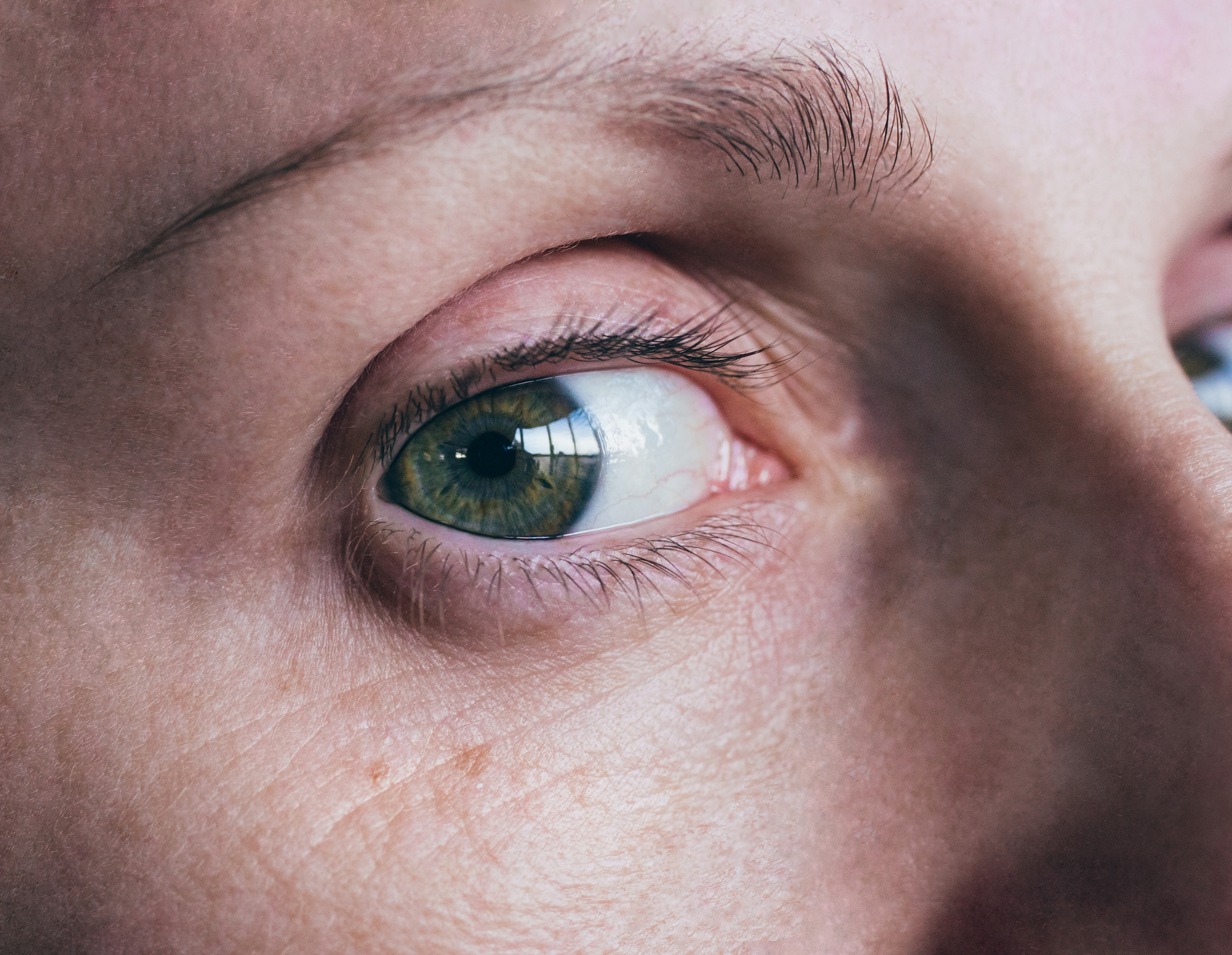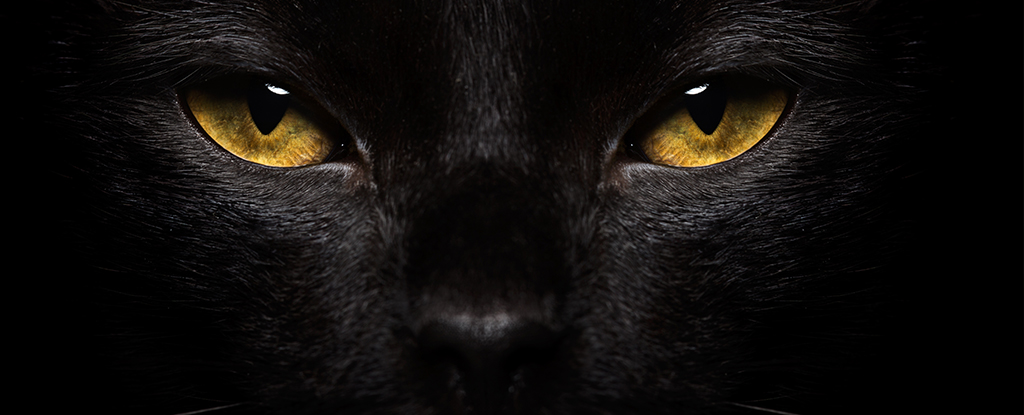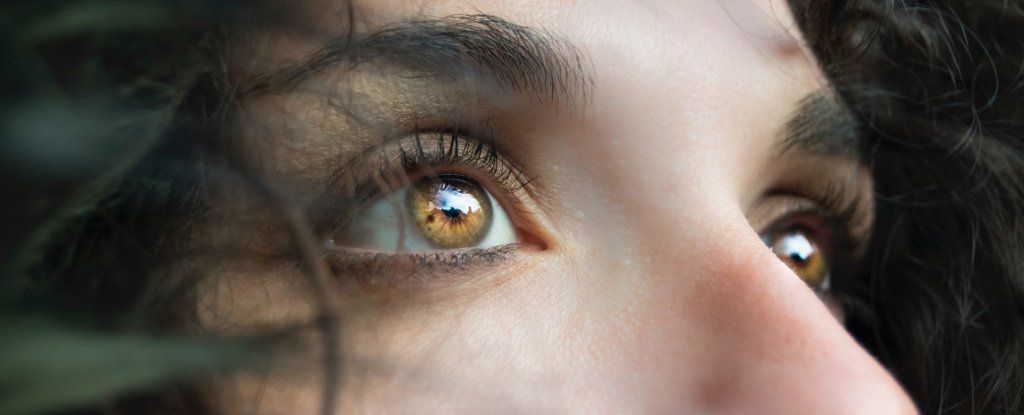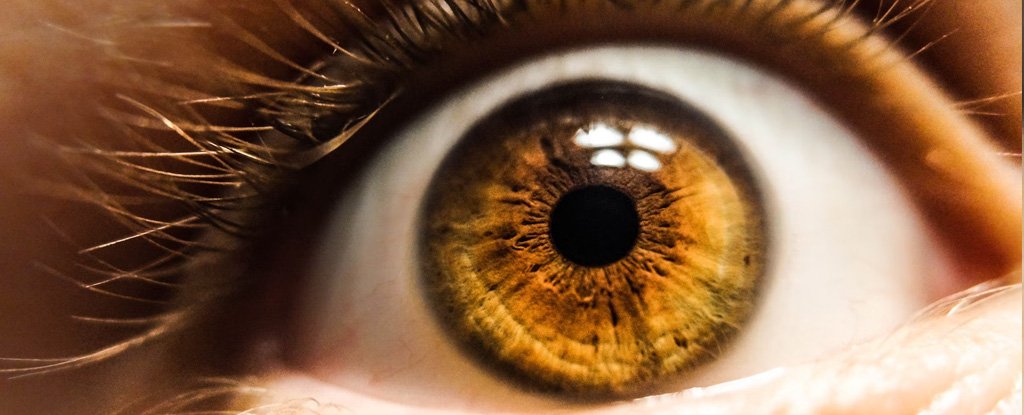
aphantasia
Aphantasia is the inability to voluntarily create mental images in one's mind. The phenomenon was first described by Francis Galton in 1880 but has since remained relatively unstudied. Interest in the phenomenon renewed after the publication of a study in 2015 conducted by a team led by Professor Adam Zeman of the University of Exeter. Zeman's team coined the term aphantasia, derived from the ancient Greek word phantasia, which means "imagination", and the prefix a-, which means "without". Research on the condition is still scarce. Hyperphantasia, the condition of having extremely vivid mental imagery, is the opposite of aphantasia.


